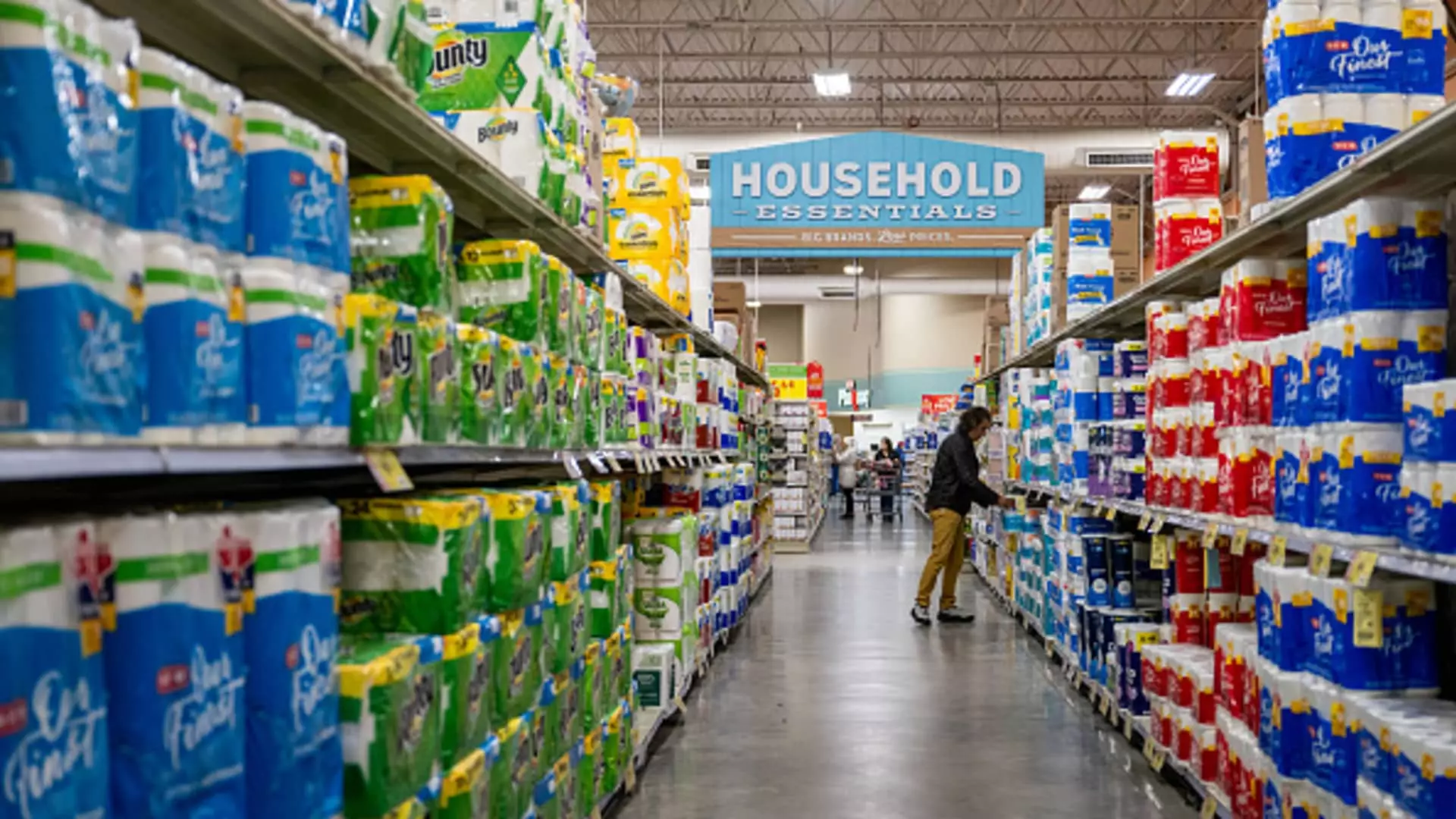The Price Surge: 5 Essential Goods Set to Become More Expensive Due to Tariffs

As the Trump administration prepares to roll out new tariffs on commodities from over 180 nations, American consumers brace themselves for an inevitable increase in prices for everyday essentials. Items as commonplace as coffee, bananas, vanilla, and even toilet paper will soon carry a heftier price tag. While the administration’s intent to bolster domestic job growth through protective tariffs may seem noble, it fails to account for the practical realities of the supply chain that are intricately woven into today’s global economy. Instead of invigorating American manufacturing, these aggressive trade policies may inadvertently alienate consumers who, ironically, are caught in the crossfire of what is superficially an “America First” agenda.
Consumer Brands Speak Out
The Consumer Brands Association (CBA) has vocalized criticism regarding these tariffs and the dire implications they hold for U.S. businesses reliant on imported ingredients. Tom Madrecki, the association’s vice president, has made it clear that while the President’s objectives are well-intentioned, the recipe for a successful trade policy must include exceptions for vital imports. The current strategy threatens to exacerbate inflation on items whose components simply cannot be sourced domestically due to geographic and climatic restrictions—clashing with the administration’s promise of increasing “America First” production.
Consumers should not underestimate the complexity of the agricultural landscape from which their food originates. Take bananas, for example; nearly 40% of the bananas supplied to the U.S. in 2023 were sourced from Guatemala, which will now suffer a 10% tariff. Such punitive measures appear archaic in a world that increasingly depends on global trade, and they illuminate the flaws in a protectionist stance that, ironically, ultimately harms the very people it aims to protect.
From Tropical Fruits to Spices: The Cost of Ignorance
The tariffs will not merely affect the pricing of exotic fruit but will also slam resources like spices that serve as staples in American kitchens. Madagascar, being responsible for about 75% of U.S. vanilla imports, faces a staggering 47% tariff. This—together with dynamic climate variables—could lead to soaring prices that would inject chaos into both restaurants and home cooking alike. The ramifications of such a policy ripple through the economy, setting the culinary world on edge.
Moreover, the long-term trajectory of U.S. agricultural practices amplifies the severity of this situation. A staggering statistic shows that over 90% of oats milled in the U.S. are imported from Canada—where agricultural practices are thriving—due to the decline of domestic oat acreage. This leads to a system inherently blind to both the market and environmental realities. Is it genuinely acceptable to impose economic hardship on consumers because of a failure to adapt to modern agricultural trends?
Household Staples: The Unseen Casualties
The ramifications of these tariffs extend beyond food; they reach into every shelf of U.S. households. Basic necessities such as toilet paper, diapers, and shampoos will likely see price increases, further straining budgets that have been stretched thin over recent years. The cost of raw materials like wood pulp, bamboo fibers, and palm oil—key components in these products—will rise sharply with tariffs ranging up to 32%. Consequently, companies must either absorb these costs, effectively reducing their profit margins, or pass them directly onto consumers, who have already been grappling with rising living expenses.
Market responses have only muddied the waters further. Stocks in consumer staples—a sector typically seen as a safe haven—have surprisingly climbed as investors rush toward what they perceive as a protective bulwark against potential economic volatility. This paradox reveals a disconnect between Wall Street optimism and the slogging reality faced by everyday consumers who ultimately bear the brunt of these policy changes.
While some praise the administration’s efforts to revitalize U.S. manufacturing, it’s essential for policymakers to recognize the detrimental impact of unyielding tariffs on essential consumer goods. In a dynamic, interdependent global economy, innovation and adaptation should take precedence over a narrow-minded approach to trade that sacrifices consumer interests for the sake of a fallacious “America First” mantra.





